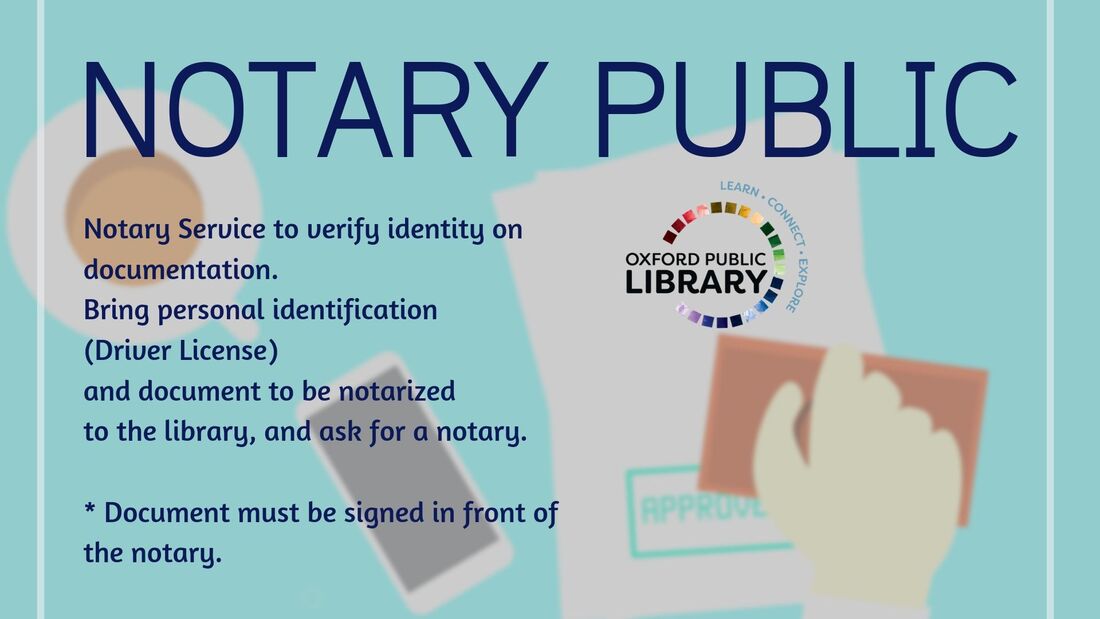Debunking Notarial Work: Streamlining the Role and Relevance of Notaries
In the elaborate internet of lawful documents and confirmation, notaries stand as columns of guarantee and authenticity. Their duty, typically shrouded in enigma for many, lugs significant weight in making certain the credibility and honesty of vital papers. As guardians of legality and truth, notaries play a pivotal component in our culture, yet their job is not constantly completely comprehended. By untangling the intricacies bordering notarial practices and dropping light on the significance of their acts, a more clear understanding emerges of the essential function notaries play in upholding the material of legal and legal contracts.
The Background of Notarial Work
Exactly how did notarial work evolve gradually to end up being an essential component of lawful and business purchases? The background of notarial work days back to ancient people, where scribes played a critical function in recording essential information and verifying records. As cultures progressed, the demand for a much more formalized system to make certain the credibility of arrangements occurred. This led to the advancement of notaries, people designated by the state to work as impartial witnesses in legal issues.
Throughout the Center Ages, notaries gained prominence in Europe, with their functions broadening to consist of composing legal files, accrediting trademarks, and maintaining documents. The rise of worldwide trade additionally stressed the importance of notarial work in validating contracts and arrangements throughout borders.
In the modern period, notaries proceed to play an essential duty in lawful and business transactions by confirming identities, verifying the authenticity of papers, and protecting against fraud. Their role in certifying the validity of agreements includes a layer of security and trust to the ever-evolving landscape of commerce and regulation.

Duties and Responsibilities of Notaries
The historic development of notarial work from old people to the contemporary period has actually shaped the distinctive tasks and obligations that notaries promote in lawful and company transactions today. Notaries play an essential function in verifying the credibility of papers and the identity of signatures. Among their main responsibilities is to witness the finalizing of vital papers, such as agreements, wills, and actions, to ensure that all parties are becoming part of contracts purposefully and willingly. Notaries also verify that signatures are of sound mind and not under duress or browbeating.
Furthermore, notaries are charged with carrying out affirmations and oaths, which are critical in legal procedures and the implementation of affidavits. They certify copies of initial records, providing assurance to organizations that the duplicates are real reproductions of the originals. Notaries should preserve precise records of all purchases they look after to make sure openness and responsibility. In general, the obligations and duties of notaries are more tips here crucial in protecting the honesty and legitimacy of numerous files and deals.
Notarial Certificates and Signatures
Exhibiting thorough focus to detail, notarial certificates and trademarks function as essential components in confirming the credibility of legal records. Notarial certifications generally include important info such as the day of registration, the names of the notaries, a summary of the paper, and the notary's main seal. These certifications give a clear record of the notarial act, making certain that the paper can be conveniently determined and mapped back to the notary who looked after the procedure.
Signatures play a crucial duty in notarial work, as they represent the agreement and authorization of the parties involved. Notaries meticulously witness the finalizing of papers to confirm the identification of the signatures and confirm that they are signing of their own free will. By fastening their main seal and signature to the document, notaries license that the necessary procedures have been followed which the document is enforceable and legitimate.
Basically, notarial certifications and signatures are the trademark of credibility in legal deals, giving assurance to all celebrations included that the documents are genuine and binding.
Relevance of Notarial Acts

Notarization Process Discussed
The notarization process commonly starts with the private presenting the document to a notary public. As soon as the identity is confirmed, the notary makes certain that the private signing the record does so voluntarily and without any threat.

Verdict

Notarial certifications usually contain important details such as the day of registration, the names of the signatories, a description of the paper, and the notary's main seal. These certifications give a clear record of the notarial act, making certain that the paper can be conveniently identified and mapped back to the notary that oversaw the process.
By affixing their official seal and trademark to the paper, notaries certify that the necessary treatments have been complied with and that the paper is enforceable and valid.
By confirming the identity of the signatories, confirming their determination to enter visit this website into the agreement, and certifying the day and area of the finalizing, notaries play an essential role in upholding the validity of lawful papers.After the record is authorized, the notary will certainly attach their official seal or stamp onto the document.